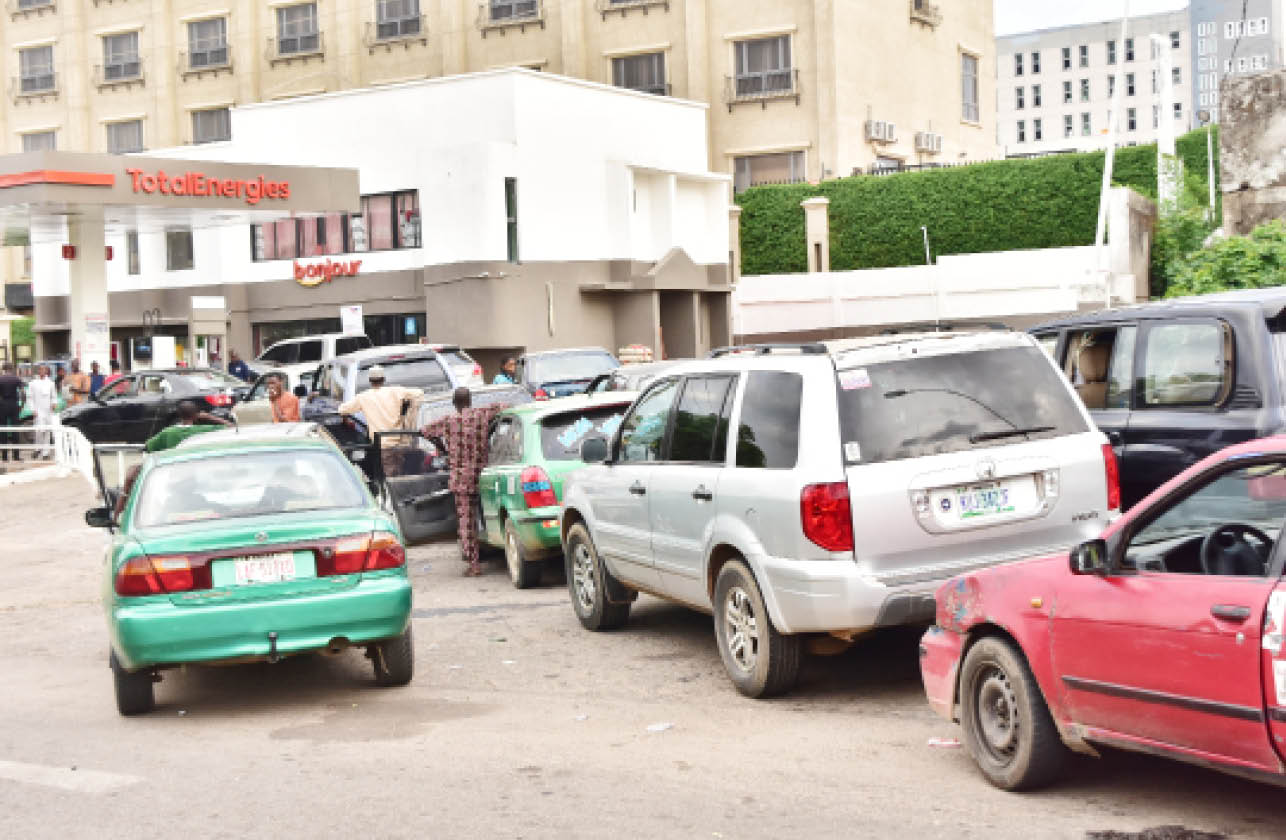Nigeria’s private-sector activity contracted for the first time in almost three years as companies reduced output and cut jobs because of cash and fuel shortages, adding to the list of issues President-elect Bola Tinubu will need to address.
The Purchasing Managers’ Index compiled by S&P Global, which measures the performance of the private-sector economy, fell to 44.7 in February from 53.5 the month before. It’s the worst reading since the height of the coronavirus pandemic in June 2020.
According to the S&P PMI, business activities fell to 44.7 in February from 53.5 the month before, being the worst reading since the height of the coronavirus pandemic in June 2020.
The report added that the February PMI data indicated that cash shortages across the Nigerian economy had a severe impact on the private sector midway through the first quarter of the year.
Merchants of Fake News Have Failed – Buni
ECOWAS raises concern over use of fake news ahead of Nigeria polls
It noted that substantial declines were seen in both output and new orders while firms scaled back their purchasing activities and employment.
“Companies were also impacted by shortages of fuel, which added to price pressures and led to supplier delivery delays,” S&P added.
Usually, PMI readings above 50.0 signal an improvement in business conditions the previous month, while readings below 50.0 show a deterioration.
“The headline PMI dropped below the 50.0 no-change mark in February, posting 44.7 from 53.5 in January. Business conditions deteriorated markedly ending a 31-month sequence of expansion.
“The decline in operating conditions was the sharpest since the survey began in January 2014, excluding the opening wave of the COVID-19 pandemic in the second quarter of 2020.
“The decline in new orders was the first since June 2020, while the fall in output ended a seven-month sequence of growth. In both cases, the reductions were the most pronounced in the survey’s history, apart from during the opening wave of the COVID-19 pandemic,” the report stated.
With new orders and output falling, S&P stated that companies reduced their input buying and staffing levels accordingly, with the declines being the first in 32 and 25 months respectively.
The slump in PMI shows that while the central bank has managed to reduce the amount of cash held outside the banking system to a record low, it has come at a cost to the economy.

 Join Daily Trust WhatsApp Community For Quick Access To News and Happenings Around You.
Join Daily Trust WhatsApp Community For Quick Access To News and Happenings Around You.

